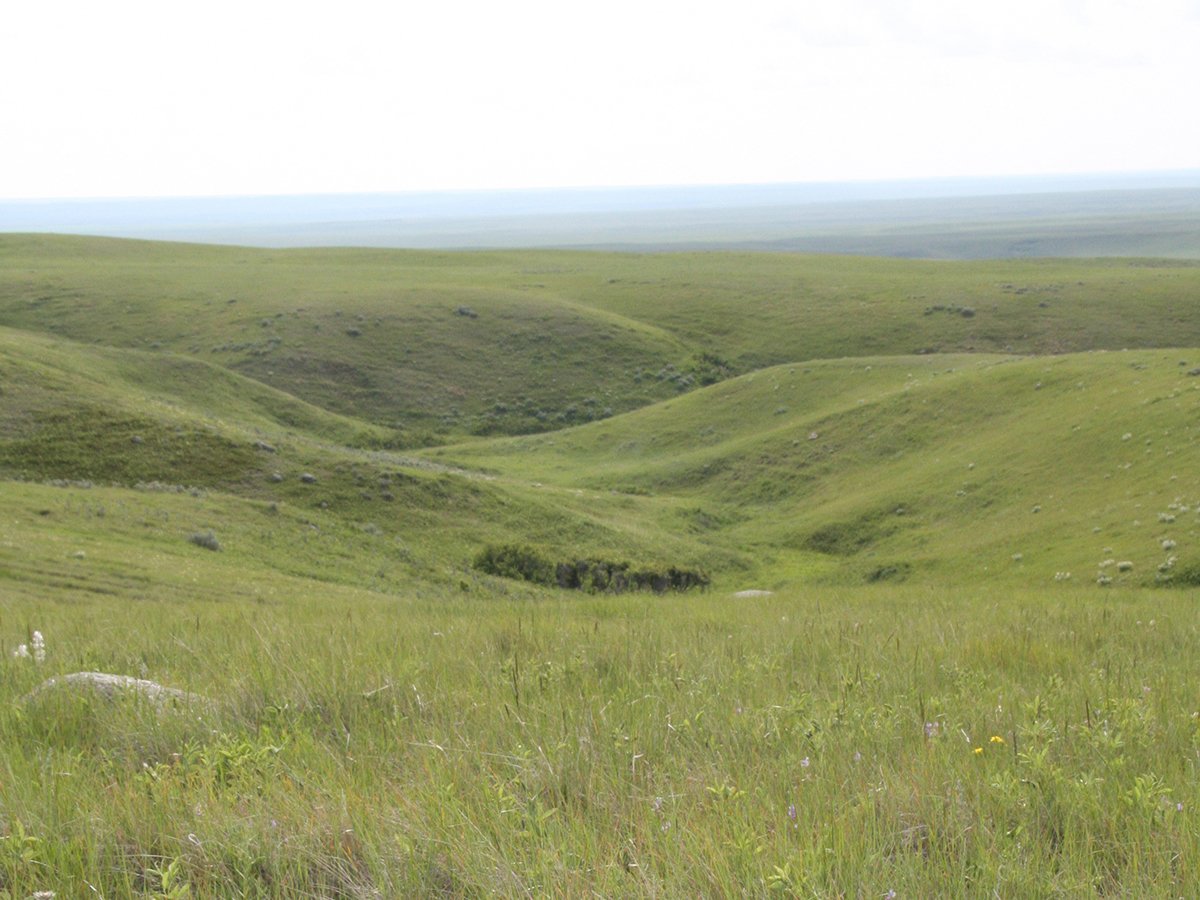CWB’s new owners plan to increase its grain handling capacity on the western Prairies, but it remains to be seen how and when they will accomplish that goal.
Karl Gerrand, chief executive officer of G3 Global Grain Group, said his vision for the privately owned CWB is a coast-to-coast enterprise that can ship significant amounts of grain east and west.
“We realize that we’re not in every area yet,” said Gerrand.
“But that’s one of the things we hope to address by making new investments and building more elevators.”
Read Also

Alberta irrigation project on grasslands approved
Environmental concerns raised by Alberta conservation groups over irrigation expansion project within rural municipality
“We’re not quite in a position to talk specifically yet, but we see great opportunity for the development of further export capacity, and we also see the opportunity to invest in more origination facilities across Western Canada to support that.”
CWB’s grain handling facilities are currently geared toward eastern movement.
The company owns Mission Terminal at Thunder Bay, Ont., and most of its prairie elevators are in Saskatchewan and Manitoba.
G3 also plans to add five of Bunge’s eastern Canadian grain handling facilities to the CWB network, including elevators in Quebec and export terminals in Trois Rivieres and Quebec City.
The addition of Bunge’s Quebec assets will strengthen the company’s eastern capacity, but Gerrand said CWB will be focused on moving grain in both directions.
The federal government and CWB recently announced that G3 Global Grain Group, a joint venture involving Bunge and Saudi Agriculture and Livestock Investment Company, will acquire a 50.1 percent stake in the former CWB for $250 million.
The remaining 49.9 percent, which is also valued at roughly $250 million, will be offered to farmers in $5 increments until CWB’s farmer equity is fully allocated.
Farmers will earn $5 worth of equity in the company for each tonne of grain they market through CWB, but some farmers say proximity to CWB facilities will determine who gets to participate in the equity program.
Larry Hill, a grower from Swift Current, Sask., who served as a CWB director for more than a decade beginning in the late 1990s, said the equity offer might appeal to some growers, but others are unlikely to see a benefit.
“I don’t think it’s going to matter much to me as a producer,” said Hill.
“It does add another buyer of grain, but what matters to most farmers is the basis at the facility that’s most economical for them to deliver to. Right now, the CWB doesn’t have any facilities that are anywhere near my farm.”
Gerrand acknowledged that access to CWB facilities is an issue that needs to be addressed.
But until it expands, CWB will continue to use commercial grain handling agreements with other grain companies to access prairie grain.
“Today we have commercial agreements in place with other handlers and certainly, at this point, I have no indication that they will change,” Gerrand said.
Hill also said the deal does not address the imbalance that exists between farmers, grain companies and the railroads.
“Under the single desk, we went to the grain companies to sell our share of the car supply. Now, we (farmers) go to the grain companies to purchase (cars),” he said.
“They used to bid on mine and now I bid on theirs, so the power has shifted to the other side.”

















